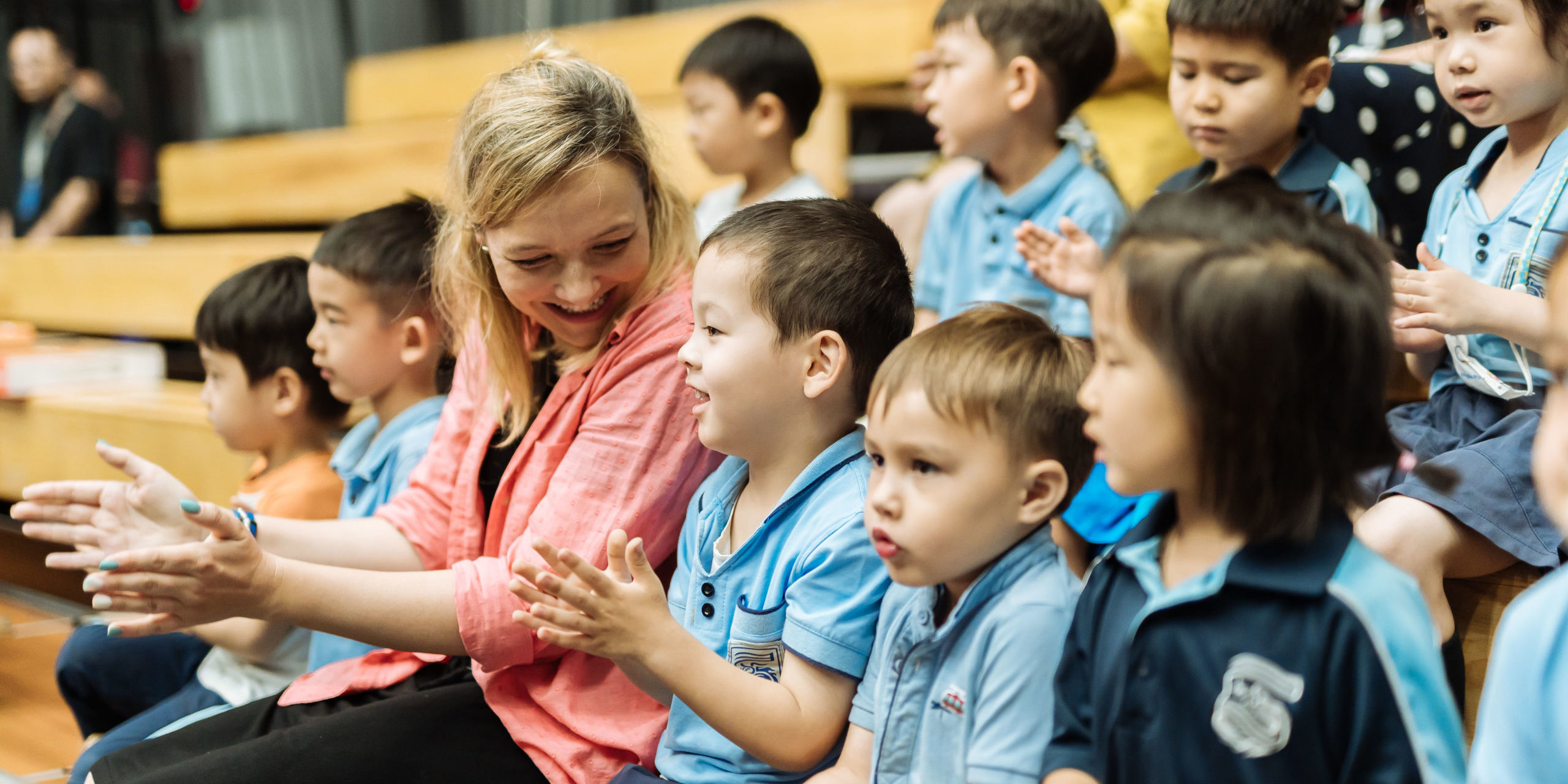Unit of Inquiry
We have had a great start to the school year in ECE A. The students have settled well and are finding their way in day-to-day early years life. Some friendships have begun to form, and students are growing in confidence. I look forward to seeing the continued growth in this coming school year.
During this unit of inquiry, we will be looking into the nature of the self, beliefs and values, personal, physical, mental, social, and spiritual health. We will focus on relationships that we have with our family, friends, and our communities and look at different cultures.
Transdisciplinary Theme: Who We Are
Central Idea: People are similar and different in many ways.
Key Concepts:
1. Connection – How is it linked to other things?
2. Perspective – What are the points of view?
3. Responsibility – What are our obligations?
Related Concepts: Identity, Diversity, Self-esteem, Cooperation
Lines of Inquiry:
1. Physical, social, and emotional characteristics
2. Similarities and differences between myself and others
3. Ways to be a good friend
Learner Profile Attributes: Open-minded, Caring, Risk Taker
Social Skills:
SS1.1.2 Play cooperatively in a group: sharing, taking turns.
SS1.1.3 Help others.
Self-management Skills:
SM2.5.2 Show ability to adjust to new situations.
Language:
During literacy class, we participate in story times, dramatize rhymes, and create our own stories using actions, pictures, words, and puppets.
Mathematics:
During mathematics, we will investigate the concepts of measurement. We will search the classroom, measure dimensions of objects and compare our findings with each other. Then we will categorize them into groups such as long, short, wide, narrow, big, and small.
We will also measure ourselves to see similarities and differences in our height.
The students will record all our findings and use maths tools to support our investigations.
Summative Assessment:
The students will create a book to show their understanding of what family and friend relationships mean to them. They will investigate similarities or differences between themselves and their classmates or family members. They will share their books with classmates learn about different perspectives on relationships.
What can you do for your child at home:
With your child, look through family pictures and talk about the different family members, talk about similarities and differences not only in appearance but about how your family values and beliefs may be similar or different than others in your family/ community.
Talk about the roles that each of you play within your home and about your beliefs and culture.
Read stories and play games with each other to reinforce that special family time.













